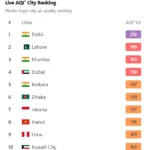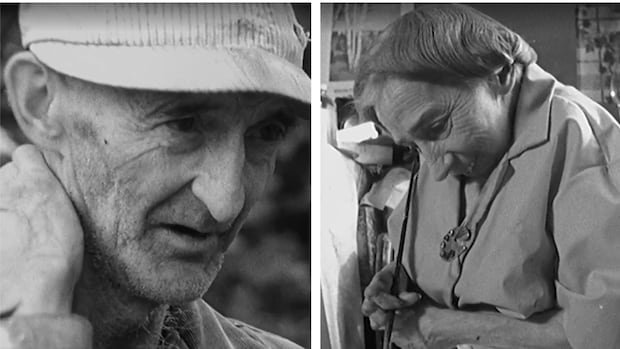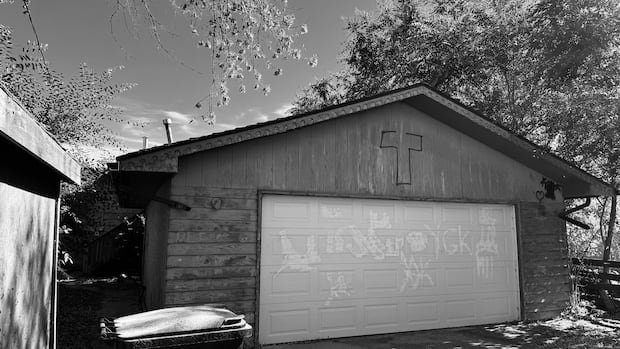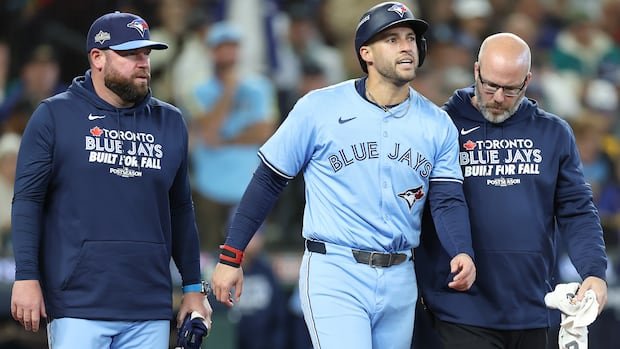A criminal case against an alleged drug trafficking network that operates in Quebec could be derailing after one of the prosecutors of the crown in the case admitted to having had a physical relationship with a member of the defense team while the audiences prior to the trial were underway.
Admission, initially reported in The pressIt is confirmed in the judicial documents entered into evidence earlier this week.
The documents reveal that prosecutor Alice Bourbonnais-Rougeau initially lied to her supervisors about having an intimate relationship with defense lawyer Mathieu Rondeau-Poissant, before finally admitting it.
The two lawyers were part of opposite legal teams in a case against eight men accused of operating a Online cannabis traffic network allegedly have ties with organized crime.
Bourbonnais-Rougeau is part of a special team of prosecutors in Montreal that deals with complex cases, the Bureau de la Grande Criminalité et des affaire spécials.
Rondeau-Poissant represented one of the defendants, David Keith Bishop.
The Provincial Police says that the network used fraudulently medical certificates of Health Canada to produce and sell online cannabis, which implies 70,000 transactions for a total of $ 15 million.
Bourbonnais-Rougeau and Rondeau-Poissant no longer work in the case, but defense lawyers have submitted a request to stop the procedures, claiming that the relationship was a conflict of interest and that the two may have exchanged privileged information.
Relationship ‘is not the best idea of the century’
The eight defendants were arrested in January 2024, and since then several hearings prior to trial have been held.
Judicial documents show that the relationship between Bourbonnais-Rougeau and Rondeau-Poissant began in December last year and ended in May.
Rondeau-Poissant stopped working in the case that same month, and that was when Bourbonnais-Rougeau spoke for the first time with his supervisor about the relationship, after a member of the defense team alleged a possible conflict of interest.
Bourbonnais-Rougeau told his supervisor at the end of May that any suggestion of an intimate relationship with Rondeau-Poissant was false and that they had a friendship that involved lunch occasionally and nothing more.
But his story soon changed.
In a June 4 note to his supervisor, Bourbonnais-Rougeau confessed that he had intimate relationships with Rondeau-Poissant twice during lunch hours in December 2024, admitting “it was not the best idea of the century.”
It was only in a revised version of that note sent the next day that Bourbonnais-Rougeau revealed that the intimate relationship continued beyond December
“Mr. Poissant and I have never been a couple, nor have we had a relationship that went beyond friendship,” Bourbonnais-Rougeau began in the note.
“However, I must inform you that during the occasional dinners, there have been some occasions in which we have had physical encounters, especially in December and later in 2025,” he continued.
“I am aware that I found myself in a situation of conflict of interest, and I recognize that this situation was not revealed in a timely manner,” he said.
In minutes of a meeting held with its supervisors on June 11, Bourbonnais-Rougeau explained why he initially lied to the nature of the relationship.
“I am human. I panicked. I did not feel comfortable with that, but it was not done maliciously,” said Bourbonnais-Rougeau at the meeting.
CBC communicated with Rondeau-Poissant to comment, but did not hear in time for publication.
The case could be expelled
Revelation has questioned the future of the entire case, and defense lawyers now prepare arguments for an request to dismiss the case.
During the duration of the relationship, there were several hearings prior to the trial, including the discussions of a possible guilt agreement and a request to exclude evidence, with both lawyers who attended together with several other lawyers from both legal teams.
In his note for supervisors, Bourbonnais-Rougeau insisted that the relationship did not affect the case.
“Despite our personal circumstances, we never had any inappropriate discussion about the case. I never obtained or shared any privileged information,” said Bourbonnais-Rougeau.
One of the documents presented in the Court this week describes the position of the Prosecutor’s Office on the request of a suspension of the procedures.
“It is clear that neither Alice Bourbonnais-Rougeau nor Mathieu Rondeau-Poissant have been involved in any behavior that can endanger the equity of the procedures,” the Prosecutor’s Office insisted.
“Given the fact that both lawyers are no longer involved in the case, there is no risk of damage to the integrity of justice,” the document continued, pointing out that there has been no evidence to suggest any exchange of privileged information.
The defense lawyers in the case contacted by CBC refused to comment. They will argue in the request for a suspension of the procedures at a hearing next month.
Quebec’s crown prosecutor’s office, the Lead des Peoples Criminelos et Pénales (DPCP), also refused to comment on the case, apart from saying that Bourbonnais-Rougeau remains part of the Office of the Great Criminalité et des affaire spécials, But this case is no longer assigned.
Prior condemnation of drunk driving
This is not the first time that Bourbonnais-Rougeau has appeared in the holders of questionable behavior.
In 2023, she was declared guilty of drunk driving and leaving the scene of an accident after hitting another vehicle while parking her car.
When a witness called the police, Bourbonnais-Rougeau took refuge in his department, telling the officers who replied that he was a prosecutor of the crown and refused to allow them to enter until they produced a search warrant.
He appealed his conviction in the Superior Court but lost the appeal last fall. Now that decision is appealing before the Quebec Court of Appeal.
If the conviction is confirmed, it could lead to disciplinary procedures with the Quebec Bar Association, which has the power to incorporate lawyers convicted of a crime.









